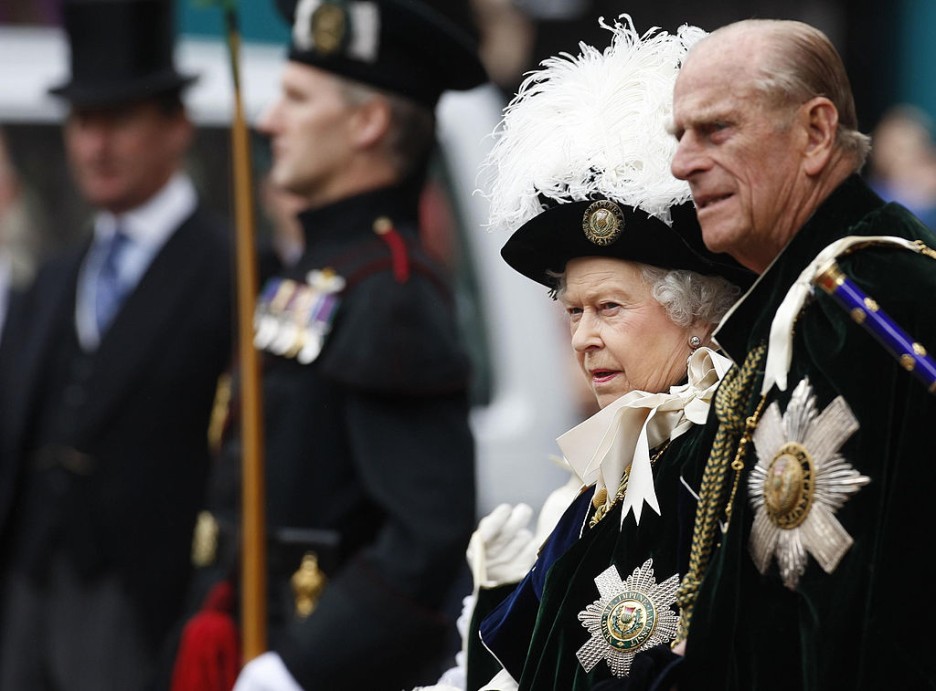Prince Philip's Will To Remain a Secret to Protect Queen Elizabeth's 'Dignity,' Judge Rules - Content Too Controversial?

On Thursday, a judge ruled that Prince Philip's will be kept secret. There is no other reason than the fact that this is a royal will and therefore, cannot be treated as like any other regular will - to protect the Queen and the other members of the family.
The legal document should be kept secret, according to Judge Andrew McFarlane, in order to safeguard the "dignity" of his widow, Queen Elizabeth II, who is Britain's head of state.
After more than seven decades of marriage to the queen, Philip died in April at the age of 99. Wills are normally open to the public in the United Kingdom, although it has been common for over a century for the wills of senior royals to be sealed on the High Court's order.
Philip's will should be sealed for 90 years, according to Judge McFarlane. After that, it can be read in secret before deciding whether or not it should be released.
"I have held that, because of the constitutional position of the Sovereign, it is appropriate to have a special practice in relation to royal wills," McFarlane said in a written judgment. "There is a need to enhance the protection afforded to truly private aspects of the lives of this limited group of individuals in order to maintain the dignity of the Sovereign and close members of her family."
While the judge makes it seem that the contents of the will can be disastrous for the dignity of the Queen when made public, the judge stated that he had neither seen the will or been informed of its contents.
McFarlane stated he is the keeper of a safe containing 30 envelopes, each carrying the sealed will of a deceased royal, including the late Queen Mother Elizabeth and the present queen's sister, Princess Margaret, as president of the High Court's family division. Both passed away in 2002.
In the years that followed, Robert Brown, a man who claimed to be Margaret's illegitimate son, tried unsuccessfully in court to get both wills opened so that he could seek evidence for his claim.
While there is "public curiosity" in royal wills, according to the court, "there is no legitimate public interest in the public knowing this completely private material." The decision was made during a closed-door court session in July. The press was not authorized to make a case for the will's publication.





